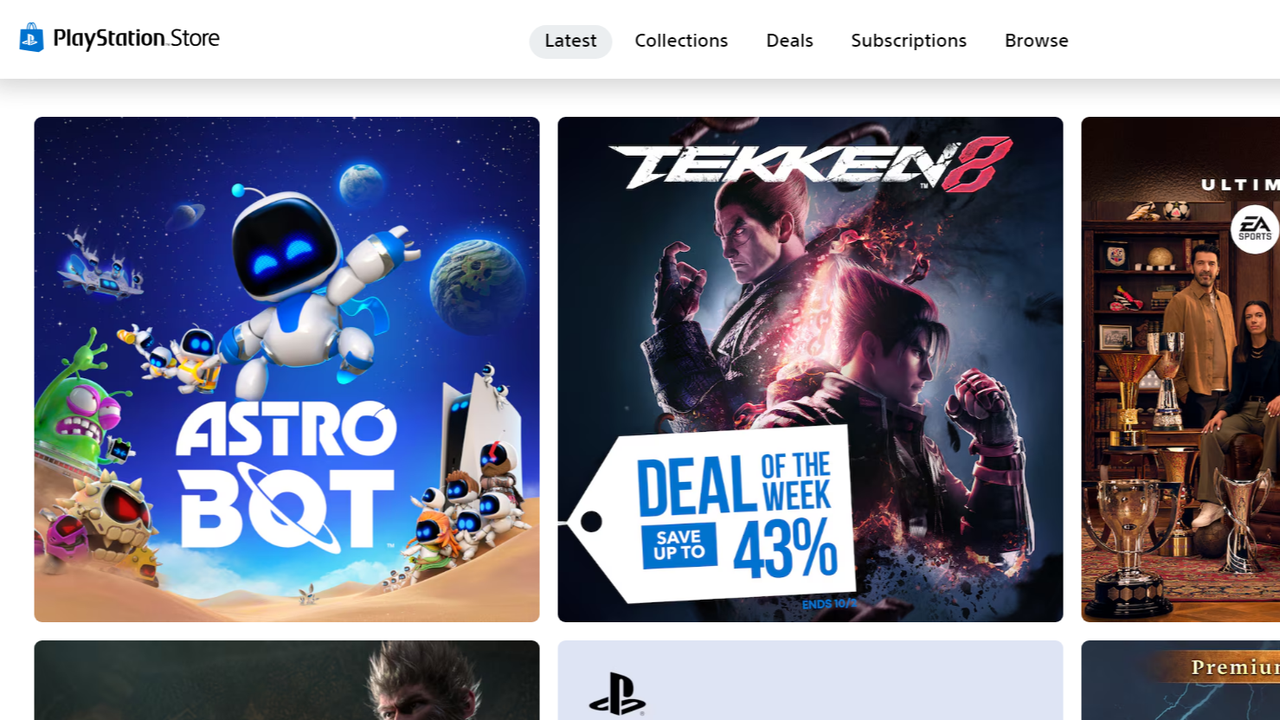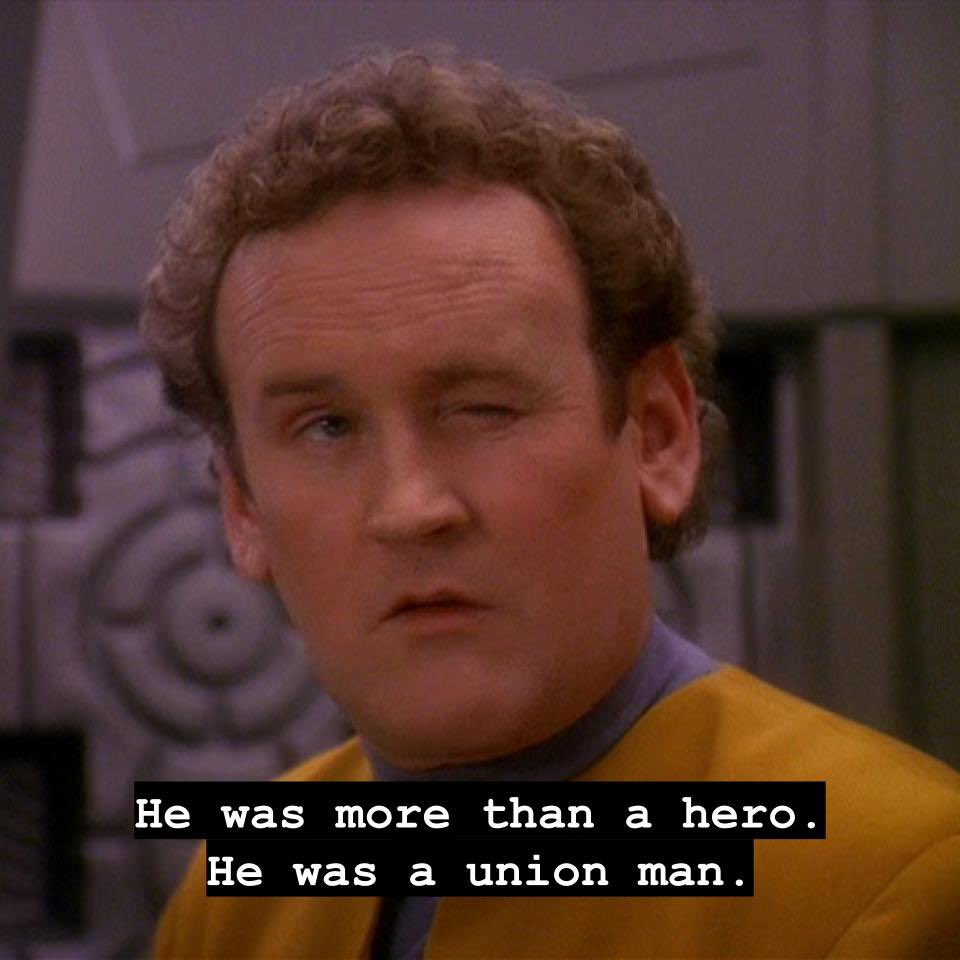California Governor Gavin Newsom has signed a bill into law that won’t stop companies from taking away your digitally purchased video games, movies, and TV shows, but it’ll at least force them to be a little more transparent about it.
As spotted by The Verge, the law, AB 2426, will prohibit storefronts from using the words “buy, purchase, or any other term which a reasonable person would understand to confer an unrestricted ownership interest in the digital good or alongside an option for a time-limited rental.” The law won’t apply to storefronts which state in “plain language” that you’re actually just licensing the digital content and that license could expire at any time, or to products that can be permanently downloaded.
The law will go into effect next year, and companies who violate the terms could be hit with a false advertising fine. It also applies to e-books, music, and other forms of digital media.
I feel like the Magic The Gathering Online rule should be in play: if you sell a digital product you should be able to have them ship you a copy of the product at the cost of shipping it.
How about making a law so we do?
imagine buying something and not own it
Well that sounds fuckin useless. Every place causes cancer too.
California is a large enough economy - especially in the entertainment industry - lead the country and pass a meaningful law!
Weird how the end stage of capitalism is really just a strange two tiered form of the kind of communism everyone was told to fear. So much for actually owning anything.
People love the boot as long as the boot is privately owned.
It’s way past time for a crackdown in regard to digital ownership. We’re living in a digital age now, where digital entertainment products have clearly outpaced physical products. We need to force companies away from the “rental store” mentality they’re insisting on. If we’re paying the same price for a digital copy of a product as it would be for a physical copy, then we deserve the same protections across the board.
If I buy a movie, music, a book, or a game, I should have the right to save a local copy of it to use, in perpetuity, in any manner I please, not just for as long as the company decides I should be able to or for as long as the company exists.
Not only that, but the ability to transfer or even sell your license. If I can gift or sell a book or DVD, I should be able to do the same with a game or digital movie.
Something like smart contracts on ethereum using NFTs is actually a perfect use for this and where the future is heading.
You get a fraud proof authorization token that cant be duplicated that let’s you access the content. It can be sold or transferred without needing the company to still exist and can still unlock the content even years after they’re bankrupt.
The only thing left is how do you host the content so it survives beyond the company going out of business. The company themselves could host it initially, but eventually it’d need to end up on a public torrent site or some other distributed sharing network otherwise it could vanish. But that’s also a digital media problem in general.
Edit: also like any DRM people that want to break it can go as far as altering source code to remove the checks, they do that today, this wouldn’t change it. But this is a path for people trying to do the right thing on all sides. They haven’t stopped selling digital content because people can bypass things.
Something like smart contracts on ethereum using NFTs is actually a perfect use for this and where the future is heading.
Where the future is heading is bullshit stupid technology some idiots think they can make money from driving a climate crisis that kills us all. And then we won’t have to put up with bullsht stupid technology pushed by idiots. Good riddance.
In that case, may as well just pirate everything!
Generative AI is already doing that. Tech is an extension of human activity, and as humans are observably machines for making their human world worse for each other, trust tech involves some level of harmful ignorance.
Could you imagine those ledgers trying to process when everyone in existence tries to insert hundreds to thousands of unique licenses. Then having to continuously access records on every media use after that.
How many unique copies of media are there out there. Hundreds of billions, trillions. I don’t think we have anything adequately designed at this point that could handle that kind of load.
Thats not how it’d work. The blockchain will generate the NFT but the NFT can authorize itself. You can do offline signatures that will prove you own the token and thus own the media. It doesn’t need to check in with anything online to pass a validity check once it’s issued.
The token is unique, the media is just out there exactly like it this today. How many billions of copies of songs have been download from iTunes?
Edit: And layer 2s will be able to handle 100,000 TPS or more in the future for the initial issuance. I didn’t say today, I said where the future is heading. That’s 3,153,600,000,000 transactions a year, and it’s going to be more than that.
I wish this were true, but unless companies were forced to stop licensing then they’ll never do that. And even then, if the company decided to not sell smth anymore or stop supporting it or they went out of business you still wouldn’t be able to get things legally a lot of the time.
And even then, if the company decided to not sell smth anymore or stop supporting it or they went out of business you still wouldn’t be able to get things legally a lot of the time.
I don’t think that’s an issue unless it’s an online service that they host the servers on, but for something like a book, even if they decided to stop selling it (aka minting new NFT tokens to access it) all the existing tokens would still work and trading would work.
We can’t really do anything about online services though unless a law requires a company to allow self hosting if they close down, which would be a great law to have.
Edit: just to clarify further, the token is the ownership at this point. Having the protected content anywhere on the internet and downloading it without a token isn’t theft, it’s just there and legal, inaccessible without the token. It could just be on a public torrent for download from day 1 for anyone to download with or without a token. Also the content could even link to the smart contract to purchase a token to unlock it. So a movie player would see a unauthorized movie with a buy now button. It could even be a token that unlocks it for a 24h rental. Unless the media owner kills the contract intentionally, it’ll be purchasable as long as the blockchain it’s on exists.
I wish this were true, but unless companies were forced to stop licensing then they’ll never do that
I think we’ll see someone experiment with this eventually even without a law. There’s a lot of upset out there about not being able to resell digital content and it suddenly being taken away.
Alternatively, make laws protecting digital ownership and the right to resell that ownership on any market.
Yeah, this feels like validating a toxic business model when they should be dismantling it
This will start to protect some people, and bring awareness to the issue, allowing for further regulation in the future, once public demand for it has increased
Why would a high profile politician in the United states do something that is for the benefit of their people? Weak leaders do not generally make strong decisions.
We’re calling it Proposition #66 😉
My first thought was that it would be a nightmare verifying who owns what and how to transfer ownership.
Then it occurs to me, could this a legitimate use of blockchain?
There are a ton of legitimate uses for blockchain, but so many scammers loved it that it killed any momentum to use it where it works.
Yeah, there’s nothing wrong with blockchain technology, but Surprise! the people most interested in unregulated financial systems are thieves and scammers. Who could have guessed.
For example, if you have the movie on apple movies, and you want to sell that movie to a friend, you take their money and initiate the transfer of ownership from writhing apple movies.
Of course, you’re responsible for the money transaction.
this is how college works too. textbooks are mostly digital e-books now. same price as the print versions, but of course impossible to buy used or sell back, and your license (and access) expire after a year. some of them disable copy and paste and limit printing to a couple pages. oh, you got a book you actually wanted to keep? fuck you.
I remember when this was first starting, the digital copies were like 30% cheaper. A lot of people, including myself, took them up on it because it made most things easier. (Especially when publishers would be coming out with new editions every year and many profs just made the new edition the required one regardless of any substantial differences)
and look how far we’ve come…
this is great! now we can argue in court, “if it cannot be owned, how can it be stolen?”
“Spotify Music License Dispensary”
Revokable for any reason at any time, temporary, non tangible, non transferable, forced arbitration, License Dispensary*
*conditions apply
If paying for it isn’t ownership, then pirating it isn’t theft.
This should have been done decades ago, and I think law was strong enough decades ago to make it happen, it’s just that district attorneys didn’t want to piss off large businesses.
If a company shows on their website that they are selling you something, you as a buyer have the reasonable expectation that you’ve actually purchased it, and through that purchase, you can do all the things that you would with anything you own. When that’s not true, they haven’t actually sold you something. They’ve rented you something, and they know it, and that’s a deceptive business practice.
Which is to say, I’m happy to see some improvement on potential enforcement for false advertising, but the reality is I’m not too optimistic that people will seriously follow up on it because they already had a couple decades to do so.
district attorneys didn’t want to piss off large businesses
Humans consistently choose to punish the many in order to enrich the few.










